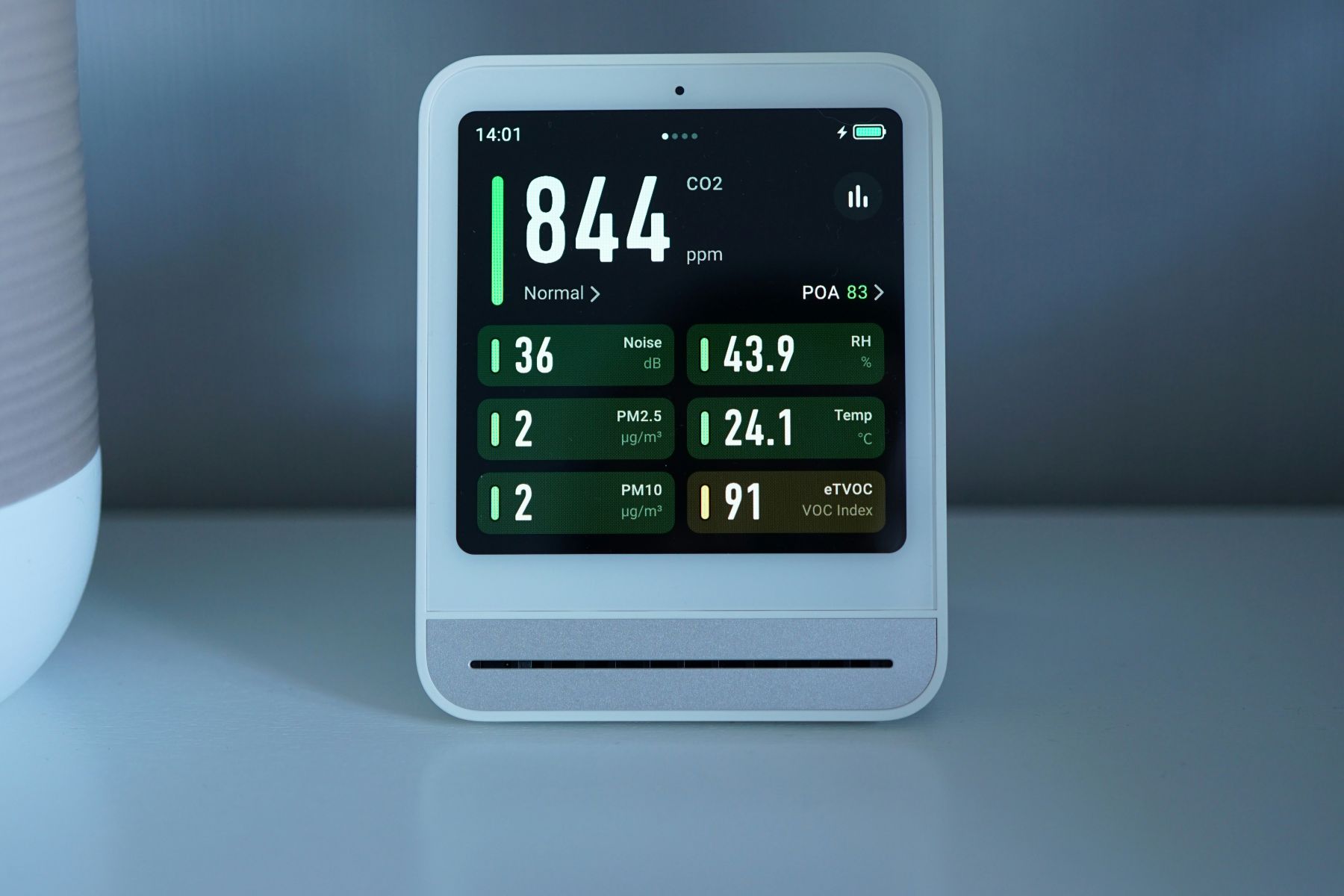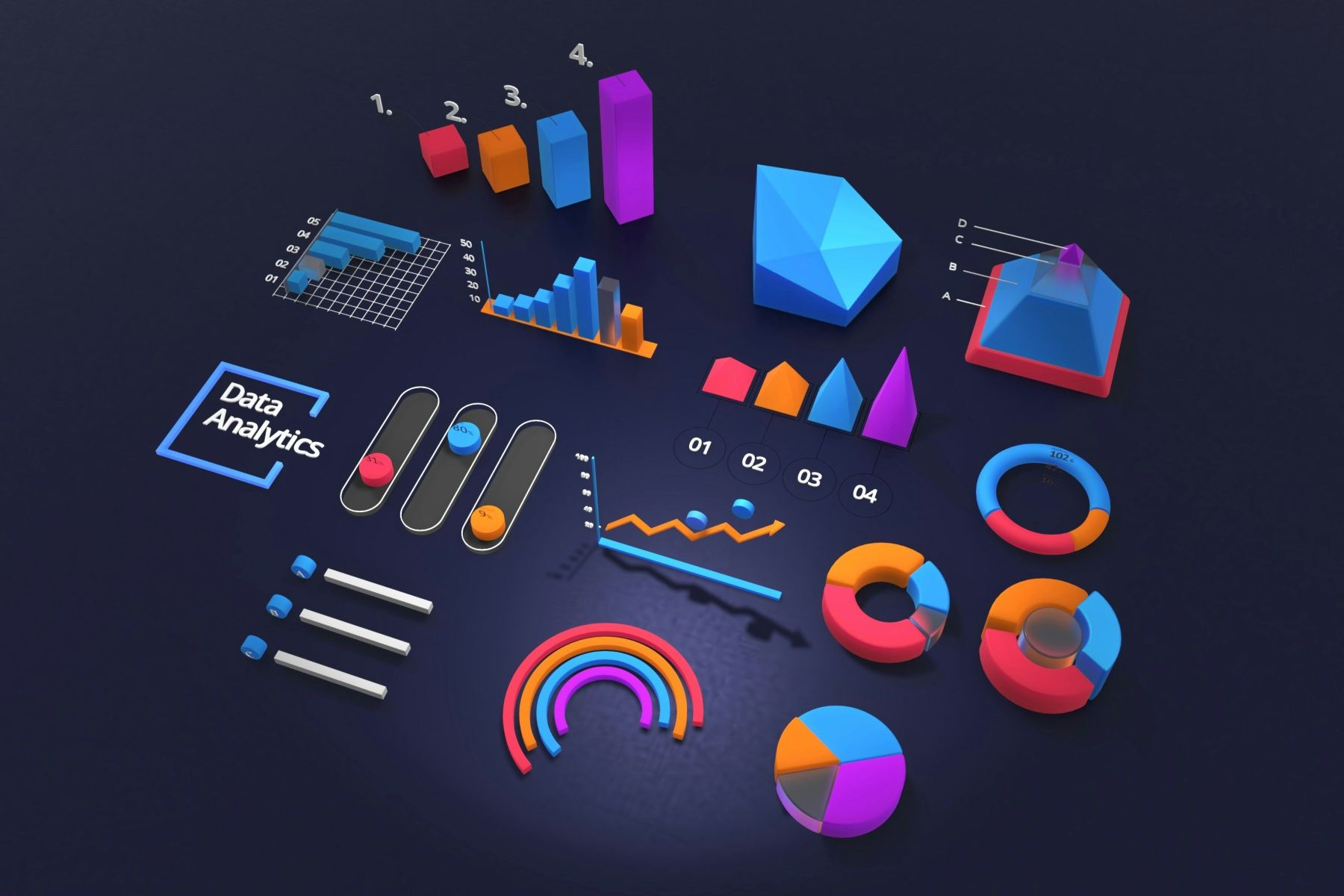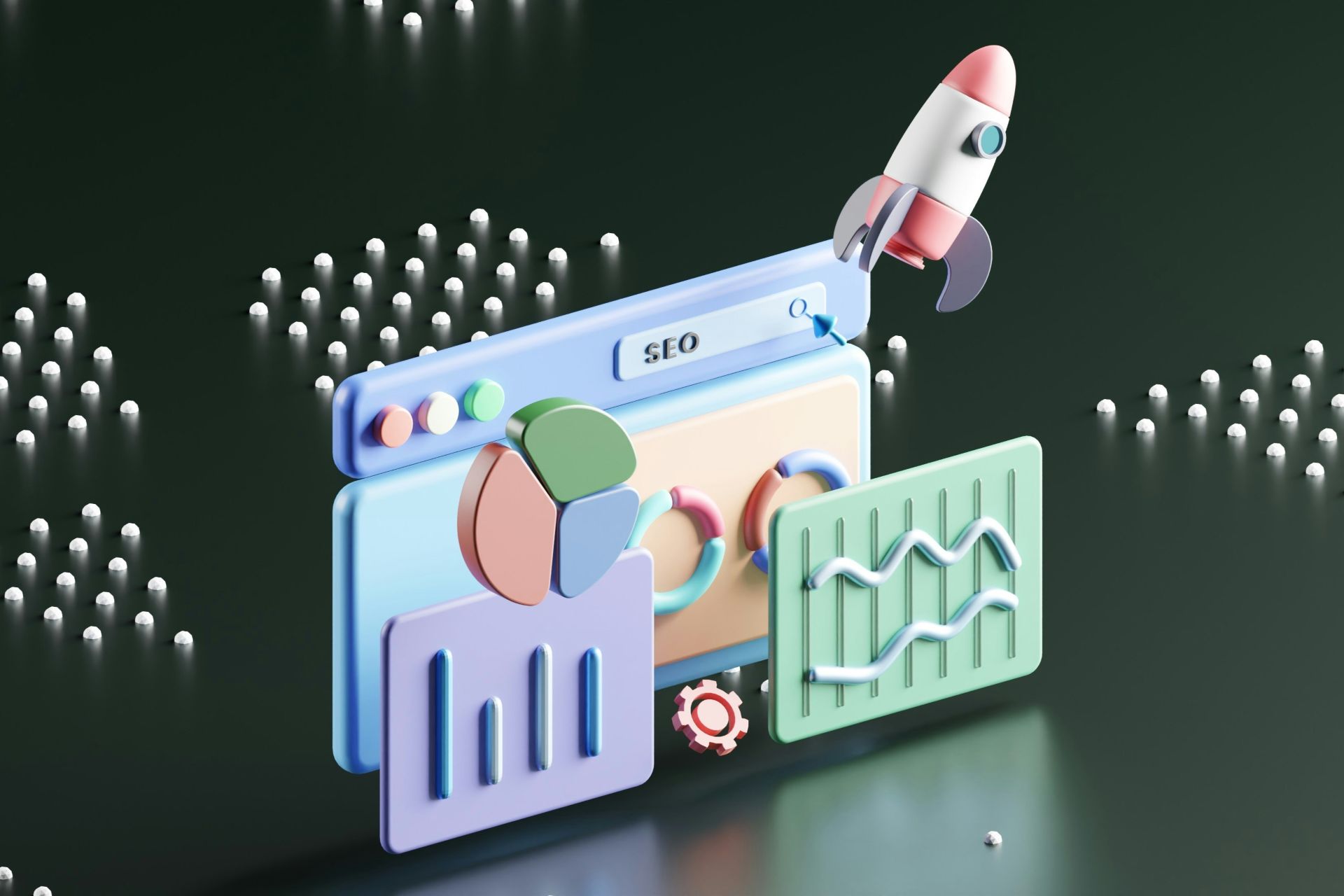SaaS (Software as a Service)
What it is: Subscription-based software that users access through the web or mobile apps. You build it once, users pay monthly or annually to use it.
Examples: Notion, Slack, HubSpot, Mailchimp
SaaS is one of the most popular startup models for tech founders, and for good reason - the recurring revenue model creates predictable income streams.
Key characteristics:
- Recurring revenue (monthly or annual subscriptions)
- Users access the software online, you host and maintain it
- Value comes from solving a specific problem or workflow
- Growth happens through user acquisition and retention
Tech requirements: You need a real application - front-end, back-end, database, user authentication, payment processing. This is one of the more technically complex startup models to start.
Timeline to MVP: 4-12 weeks for simple tools, 3-6 months for more complex platforms
Best for: Founders with technical skills or technical co-founders who want recurring revenue and are solving a clear workflow problem. Works for both B2B and B2C.
The reality: SaaS is attractive because of predictable recurring revenue, but it's also competitive and requires ongoing maintenance. You're never truly "done" building - you'll constantly add features, fix bugs, and support users.
E-commerce
What it is: Selling physical or digital products directly to customers through your own online store.
Examples: Allbirds, Warby Parker, Glossier, any Shopify store
E-commerce is one of the most accessible startup models for non-technical founders, thanks to platforms like Shopify and WooCommerce.
Key characteristics:
- One-time purchases (though subscriptions are growing)
- You manage inventory, shipping, and fulfillment (or partner with suppliers)
- Success depends on product quality, marketing, and customer experience
- Margins vary wildly depending on product category
Tech requirements: Moderate - platforms like Shopify handle most complexity. You need a good storefront, payment processing, and inventory management. Custom builds require more effort.
Timeline to MVP: 1-4 weeks with platforms like Shopify, 8-12 weeks for custom solutions
Best for: Product-focused founders who understand their target market and have (or can source) quality products. Strong marketing skills are crucial.
The reality: E-commerce is accessible to start but competitive to scale. Your website is important, but success comes down to product-market fit, marketing, and logistics. Many successful e-commerce businesses start on platforms before building custom solutions.
Marketplace
What it is: Platforms that connect buyers with sellers, service providers with customers, or any two-sided transaction. You don't provide the service - you facilitate the connection.
Examples: Airbnb, Uber, Upwork, Etsy
Marketplace is among the most challenging startup models to execute but can be incredibly powerful once you achieve network effects.
Key characteristics:
- Two-sided network (you need both supply and demand)
- Revenue typically from commissions or fees
- Network effects - more valuable as more people use it
- Cold-start problem - chicken-and-egg challenge getting initial users
Tech requirements: High complexity - you need user accounts for both sides, matching/search functionality, payments, ratings/reviews, messaging between users.
Timeline to MVP: 6-16 weeks depending on complexity
Best for: Founders who've identified inefficiencies in existing markets and have a strategy to solve the cold-start problem. Requires strong understanding of both sides of the marketplace.
The reality: Marketplaces are incredibly hard to start (you need both buyers and sellers from day one) but powerful once they work. Most successful marketplaces start by focusing on one city or niche before expanding.
Fintech
What it is: Technology that improves or automates financial services - payments, banking, investing, lending, insurance.
Examples: Stripe, Robinhood, Chime, Square
Fintech represents one of the most heavily regulated startup models, requiring significant expertise and compliance knowledge.
Key characteristics:
- Heavily regulated industry with compliance requirements
- Often requires partnerships with banks or financial institutions
- High trust requirements from users
- Potentially high margins but significant upfront costs
Tech requirements: Very high - you need robust security, compliance systems, often API integrations with financial institutions, and typically more rigorous testing.
Timeline to MVP: 3-6 months minimum, often longer due to compliance and partnerships
Best for: Founders with financial industry experience, technical expertise, and significant runway. Not recommended as a first startup due to complexity and regulation.
The reality: Fintech is one of the hardest startup models to execute but potentially very lucrative. You're dealing with people's money, so trust and security are paramount. Many fintech startups partner with established financial institutions rather than building everything from scratch.
Content/Media Startups
What it is: Businesses built around creating and distributing content - newsletters, publications, podcasts, video channels, communities.
Examples: The Hustle, Morning Brew, Substack publications, premium podcasts
Content-based startup models have exploded in popularity thanks to platforms that make publishing and monetization easier than ever.
Key characteristics:
- Revenue from subscriptions, advertising, or sponsorships
- Success depends on consistently creating valuable content
- Audience building is gradual but compounds over time
- Lower technical complexity but high content demands
Tech requirements: Low to moderate - you need a publishing platform, email delivery, and payment processing for subscriptions. Many use existing platforms.
Timeline to MVP: 1-2 weeks to start publishing, months to build audience
Best for: Writers, creators, and experts with specific knowledge or perspective. You need consistency and unique voice more than technical skills.
The reality: Content businesses are relatively easy to start but hard to monetize until you have significant audience. Most successful content startups start free and add paid tiers later.
B2B Tools and Platforms
What it is: Software or services specifically designed for businesses rather than consumers. Overlaps with SaaS but worth distinguishing due to different dynamics.
Examples: Salesforce, Zoom, Figma, Airtable
B2B startup models typically have longer sales cycles but more stable, higher-value revenue streams than consumer-focused businesses.
Key characteristics:
- Longer sales cycles but higher contract values
- Focus on ROI and productivity improvements
- Often requires demos, trials, and relationship building
- More stable revenue but slower initial growth
Tech requirements: Similar to SaaS - you need a solid application, but enterprise features (SSO, admin controls, security) become more important.
Timeline to MVP: 6-16 weeks depending on complexity
Best for: Founders who understand business workflows and pain points, comfortable with B2B sales processes.
The reality: B2B is often more profitable per customer than B2C but requires patience. You'll spend significant time on sales, not just building. Success comes from deeply understanding your customer's business problems.
Agency/Services Businesses
What it is: Selling expertise, creative work, or specialized services rather than products. You're the product.
Examples: Design agencies, consulting firms, development shops, marketing agencies
Service-based startup models are often overlooked in startup discussions but remain one of the fastest paths to revenue.
Key characteristics:
- Revenue directly tied to time and expertise
- Project-based or retainer-based income
- Lower technical overhead but scaling requires hiring
- Often used to bootstrap product ideas
Tech requirements: Low - primarily need a portfolio/showcase website, project management tools, and invoicing.
Timeline to MVP: 1-2 weeks for basic website and systems
Best for: Experts with specific skills, often used as a stepping stone to other startup models.
The reality: Services businesses are the fastest to revenue but hardest to scale without hiring. Many product companies (including design tools and agencies) started as service businesses.
How to Identify Your Startup Model
Still not sure which of these startup models you're building? Ask yourself:
What are you actually selling?
- Software access = SaaS
- Physical/digital products = E-commerce
- Connections between people = Marketplace
- Financial services = Fintech
- Information/expertise = Content or Agency
- Business solutions = B2B Tools
-
Who pays you?
- Consumers directly = B2C
- Businesses = B2B
- Both sides of a transaction = Marketplace
-
How do they pay?
- Monthly/annual subscription = SaaS or Content
- Per transaction/commission = Marketplace or E-commerce
- One-time project fees = Agency
- Per unit sold = E-commerce
-
Why Your Startup Model Matters
Choosing between different startup models isn't just about preference - each model fundamentally changes how you build and grow your business.
Your startup model determines:
Technical complexity: Fintech and marketplaces need more complex systems than content businesses or agencies.
Time to revenue: Service businesses can generate revenue immediately, while marketplaces might take months.
Fundraising potential: Investors favor certain startup models (SaaS, Fintech) over others (agencies, content).
Scaling strategy: E-commerce scales with inventory and marketing; SaaS scales with infrastructure; agencies scale with people.
Your role as founder: Some models require constant content creation, others need sales skills, others demand technical expertise.
Hybrid Models Are Common
Many successful startups combine multiple startup models:
- Shopify is SaaS for e-commerce stores
- Substack is a platform (marketplace-ish) for content creators
- Many agencies build their own SaaS products
- Content businesses often sell courses or consulting
Don't feel locked into one model, but understand your primary startup model to make smart early decisions.
The Bottom Line
Understanding startup models isn't about fitting into a box - it's about making informed decisions. When you know you're building a marketplace, you know you need to solve the cold-start problem. When you're building SaaS, you know you need to prioritize retention. When you're launching e-commerce, you know marketing and product quality matter most.
Different startup models have different requirements, timelines, and success metrics. The best startup model isn't the trendy one or the one investors prefer. It's the one that matches your skills, serves your target market effectively, and solves a real problem.
Figure out your model early, understand its unique challenges, and build accordingly. Your tech stack, timeline, and strategy will all become clearer once you know what you're actually building.



